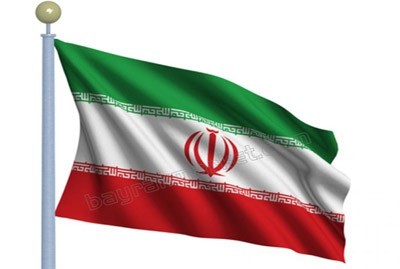Syria
Iran: Syrian army showed ability to confront any foreign intervention scenario

 Member of the Iran’s Shura Council’s Committee for National Security and Foreign Policy, Hujjatullah Souri, stressed that the Syrian army has shown over the past two years that it is able to confront any scenario of foreign intervention.
Member of the Iran’s Shura Council’s Committee for National Security and Foreign Policy, Hujjatullah Souri, stressed that the Syrian army has shown over the past two years that it is able to confront any scenario of foreign intervention.
“The possibility of U.S. military intervention in Syria is doomed to failure,” the Iranian Press TV website quoted Souri as saying.
He warned that such an intervention would further inflame the crisis in Syria, adding that the White House and the U.S. Congress realize that any military intervention in Syria would harm the US.







